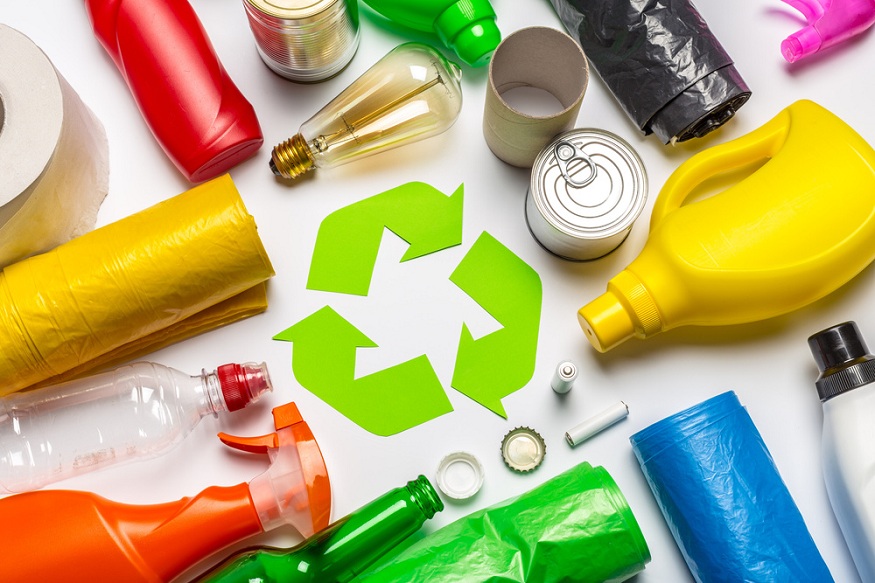Your local city council is concerned about how many plastic grocery bags end up in landfills. So to solve the problem, they pass a local ordinance banning the bags. Problem solved, right? Wrong. People who used those bags as trash liners now need to buy more plastic garbage bags. So do people who used them to clean up after their dogs, carry their sweaty gym clothes, and take their lunches to work.
We are not different from previous generations; we have our share of problems. But here is the thing: the most important lesson we have failed to learn from the past is that the solutions to our problems are rarely easy. Banning plastic grocery bags creates just as many problems as it solves.
Cleaner Air and Hurricanes
We humans have a bad habit of proposing solutions to what we believe are major problems without thinking through the consequences of those solutions. When the consequences come back to bite is, we try to cover our collective backside by making up some sort of excuse. Take the whole climate change and hurricane thing.
We have been hearing for years that climate change, in the form of global warming, has caused hurricane frequency and intensity to increase. So what’s the solution? Clean up the air by reducing greenhouse gas emissions. Well, it turns out that such a simple solution is no solution at all.
The NOAA released the results of some interesting research in early 2022, research that actually shows an inverse effect between air pollution and hurricane formation. It turns out that cleaner air actually allows ocean water to warm faster and stay warmer for longer. Why? Because there are fewer particles blocking direct sunlight. Guess what hurricanes need to grow? Warm water.
We have taken a lot of steps over the last forty years to reduce greenhouse gasses. But none of the solutions we have tried have proven to be consequence-free. Large-scale solar projects disrupt local weather patterns. Large-scale wind farms kill birds. The list goes on and on.
Cleaning Up After Ourselves
When we talk about things like pollution and climate change, some of the best solutions don’t get any press because they aren’t sexy or exciting. Furthermore, the most effective solutions we have come up with to date have nothing to do with replacing technology. Rather, they are about cleaning up after ourselves.
This takes us back to the idea of banning plastic. We absolutely should look for replacement materials. In the meantime, the solution to the perceived plastic problem is not to ban plastics without a suitable replacement material in the queue. A better approach is to do a better job of cleaning up after ourselves.
In the industrial plastic sector, companies like Tennessee-based Seraphim Plastics do a masterful job of collecting industrial scrap plastic, recycling it, and returning it to the manufacturing loop. The same principle would work extremely well in residential plastics if the rest of us were willing to change our behaviors. Therein lies the real issue.
That Easy Way Out
Modern society wants the easy way out. Instead of taking responsibility for the waste stream we produce, we would rather government officials come up with some sort of magic wand solution – like telling manufacturers they cannot produce plastic anymore. Those types of solutions do not work. Why? Because real solutions are rarely easy.
Solving the problems that plague us requires real effort. More often than not, such efforts are fleeting. We would rather implement a symbolic solution that makes us feel good, then lay the blame for our failures on someone else.

